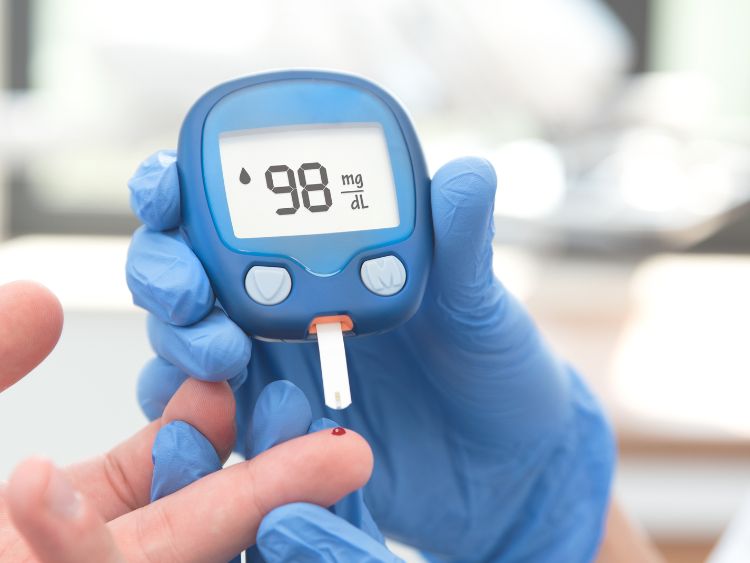Ever wondered how a small sample of blood can unveil so much about your health? Behind this medical marvel is the world of blood testing equipment—a realm where technology meets healthcare to bring forth life-saving insights. This article dives deep into the intricacies of blood testing equipment, shedding light on its importance, types, and innovations that are revolutionizing healthcare.
What is Blood Testing Equipment?
Blood testing equipment comprises the tools and devices used in analyzing blood samples. These powerful instruments can detect a wide array of health conditions, from simple nutrient deficiencies to complex diseases like diabetes and cancer.
The Vital Role of Blood Testing Equipment in Modern Healthcare
- Early Detection: They’re the unsung heroes in preventive medicine, catching illnesses in their nascent stages.
- Monitoring: Essential for keeping chronic conditions like diabetes under control.
- Diagnosis: They help pinpoint the exact nature of an ailment, guiding the treatment process.
Types of Blood Testing Equipment
- Blood Glucose Meters: A lifeline for diabetics, monitoring glucose levels on the go.
- Hematology Analyzers: Delve into your blood’s makeup, identifying conditions like anemia.
- Coagulation Analyzers: Essential for patients on blood thinners, ensuring their levels are just right.
- Blood Gas Analyzers: These nifty devices measure the gases in your blood, crucial for patients with respiratory issues.
Innovations in Blood Testing Equipment
The future is here, and it’s teeming with advancements that are making blood tests quicker, more accurate, and less invasive. From portable devices that deliver instant results to AI-powered systems predicting potential health issues, the horizon is exciting.
The Impact of AI and Machine Learning
- Predictive Analytics: Imagine knowing your risk of developing a condition before it even arises.
- Precision Medicine: Tailoring treatment plans to the individual, not just the disease.
FAQs
- Q: How often should I get blood tests?
- A: It depends on your health status, age, and if you’re managing any chronic conditions. Generally, an annual check-up is a good rule of thumb.
- Q: Are blood tests painful?
- A: While you might feel a quick pinch, modern techniques and equipment have made the process more comfortable than ever.
- Q: Can I trust the accuracy of blood testing equipment?
- A: Absolutely. Continuous innovations and stringent regulations ensure these devices are both accurate and reliable.
Summary
Blood testing equipment plays a pivotal role in healthcare, offering a window into the body’s complex workings. As technology advances, we can anticipate even more innovative tools entering the market, making blood testing quicker, more precise, and less invasive. Whether it’s managing chronic conditions or uncovering hidden diseases, the significance of blood testing equipment in our lives is undeniable.



